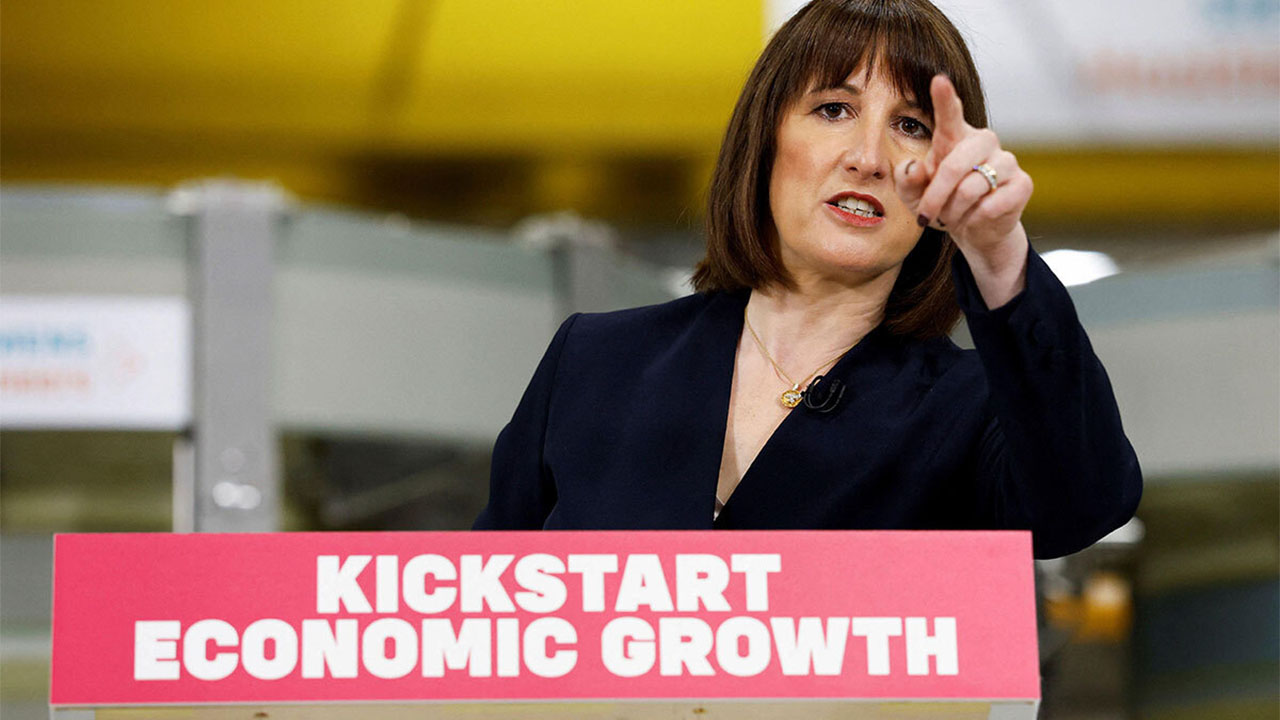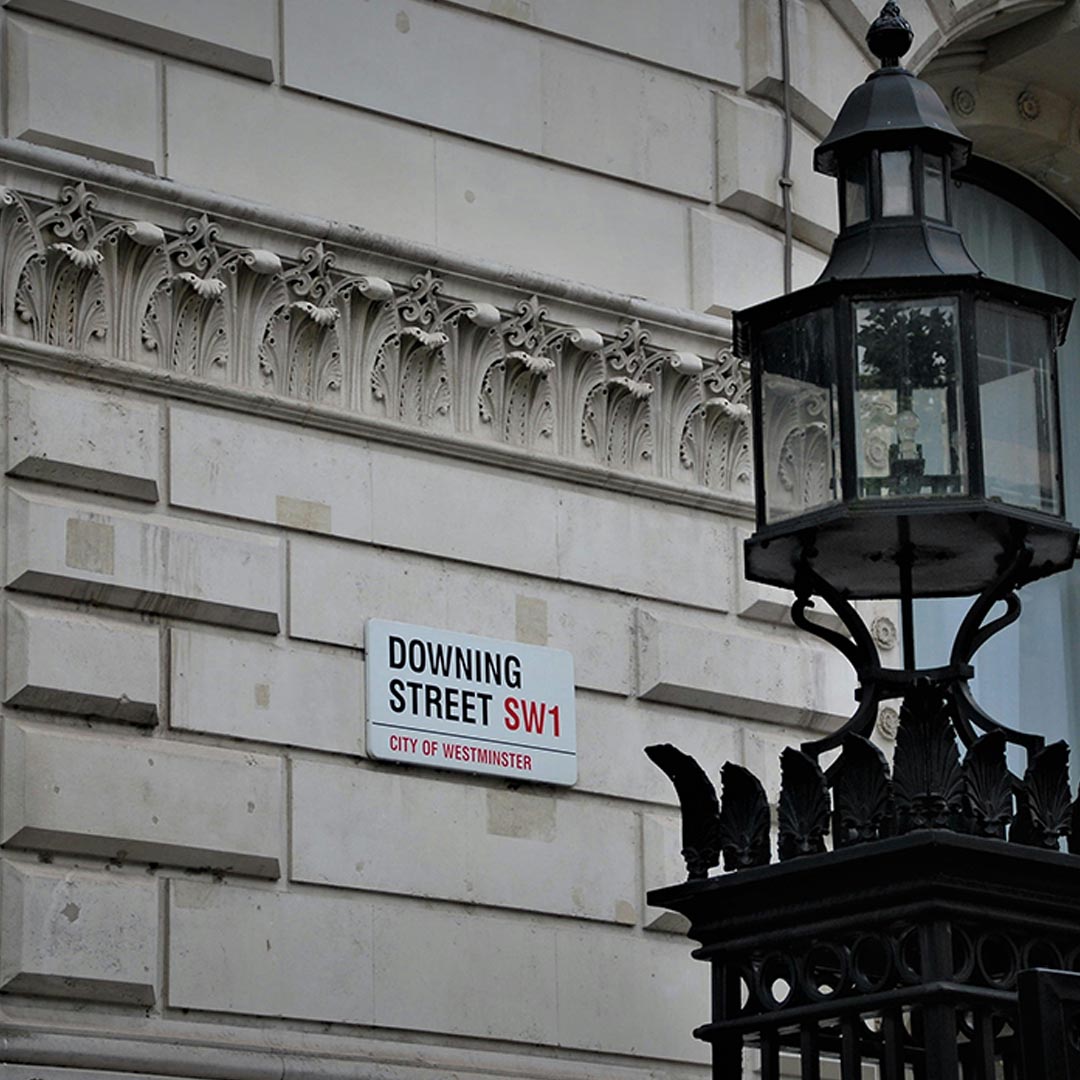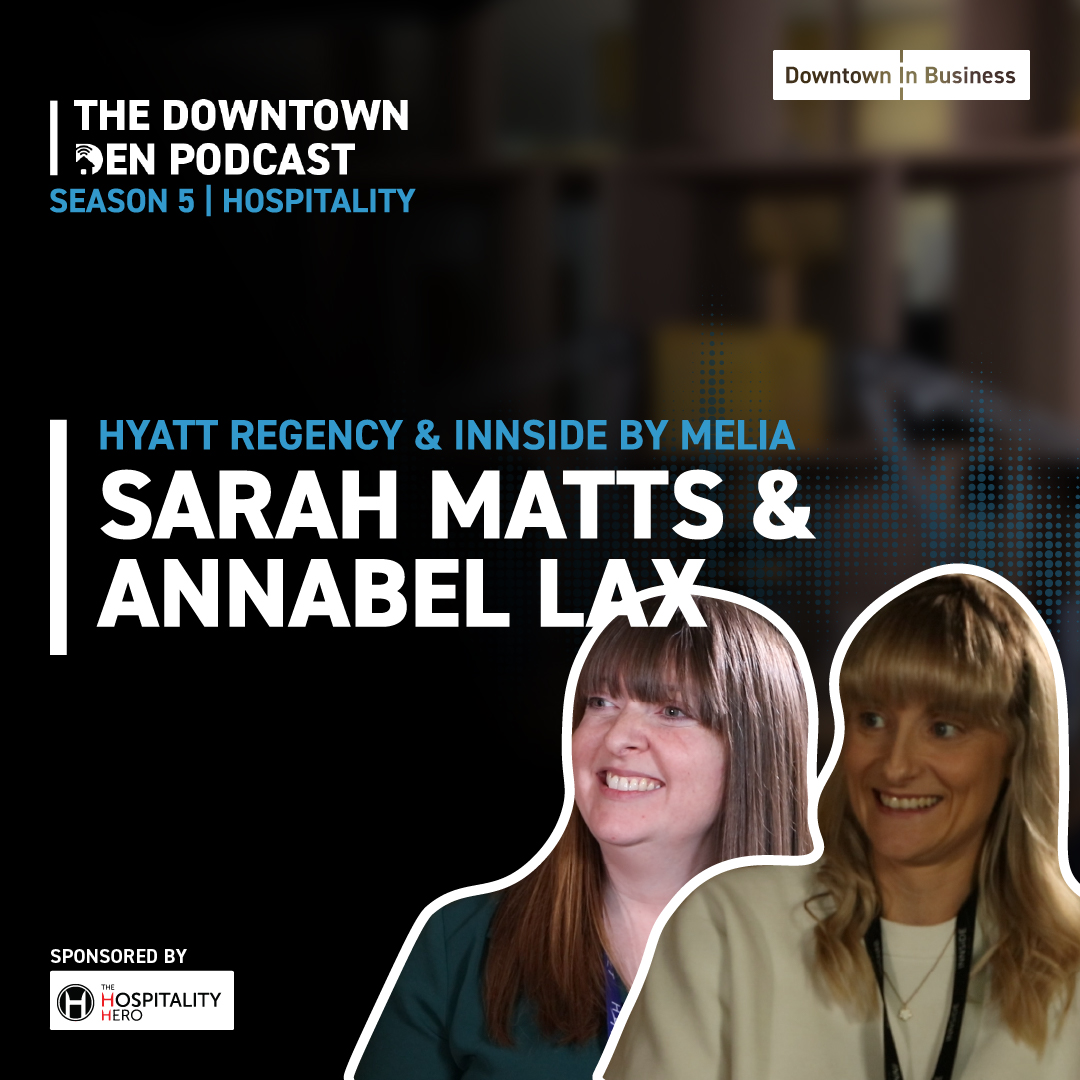It’s been a mixed week for local government in this country. Nottingham has joined Birmingham and Somerset in declaring themselves bankrupt. Very few of the four hundred local authorities in the country have had their books signed off. Why is this? Government cuts, unwise investments in energy companies to try and correct this, soaring demand for social care and the absence of an Audit Commission (abolished by the foolish Eric Pickles) to mitigate the damage.
Yet in the same week we’ve seen the launch of Lancashire’s consultation on a County Combined Authority, Manchester’s 10 year economic strategy and Liverpool Strategic Futures Advisory Panel. All three show ambition for the future in greater and lesser degrees against a very gloomy outlook for local government finance.
Spoilt for choice, I picked the Maritime Museum in Liverpool. The city has taken two steps forward and one step back over recent years. Downton’s MD, Frank Mckenna, took me past the impressive, under construction, Bramley Moor Dock stadium on Sunday. That will kick start the regeneration of the north of the city. On the other hand, at the museum we heard from Liverpool City Council’s new Chief
Executive. Andrew Lewis has come in while the Town Hall remains under commissioners. Lewis was refreshingly frank blaming a failure of leadership. He’d found three quarters of top officers posts unfilled or with people in temporary charge. A council with a reputation for favouring certain contractors.
The keynote speaker was Andy Haldane, former top economist at the Bank of England. He was unimpressed with progress on levelling up. The cancellation of HS2 had taken place whilst hyper connectivity was being given top priority by our competitors. With little government money, pension pots might be a source for investment.
I asked him whether we could expect continuity in devolution policy and whether the Treasury rules on infrastructure that had always favoured the South East would go for good. He said a Labour government would probably follow the Gordon Brown report which favoured a less “begging bowl” approach from regions. He was not optimistic about the Treasury ever really devolving and he should know.
The City Region mayor spoke as the Liverpool Strategic Panel published their report. Its most noteworthy feature was the setting up in the city of the Office of Public Service Innovation. The aim
is broadly to get public services integrated properly with data using AI. There is a growing feeling that with no extra money, public services can make massive savings with up to date admin.
There were other excellent speakers. Colin Sinclair from the Knowledge Quarter wants more laboratories, Peel Ports Phil Hall said the port now offered highly skilled opportunities, Brian Wilson from Lucid Games stressed the scale of computer games and Jessica Bowles said Bruntwood looked for stability, strategy, and leadership.
Over in Manchester the message from council leader Bev Craig said the aim was 15 more years of delivery at the same scale. 70,000 jobs were on their way along with 36,000 homes. Let’s hope they are affordable.
In Lancashire, sadly, the picture is a little different. Consultation began this week on a County Combined Authority led by Lancashire, Blackpool, and Blackburn Councils. The other twelve districts will have two places on the board. The leader of Hyndburn said the deal was undemocratic and offered crumbs. The leader of Blackburn with Darwen said it was at least a start. The consultation should be interesting.














